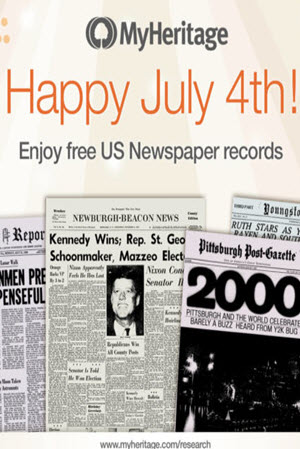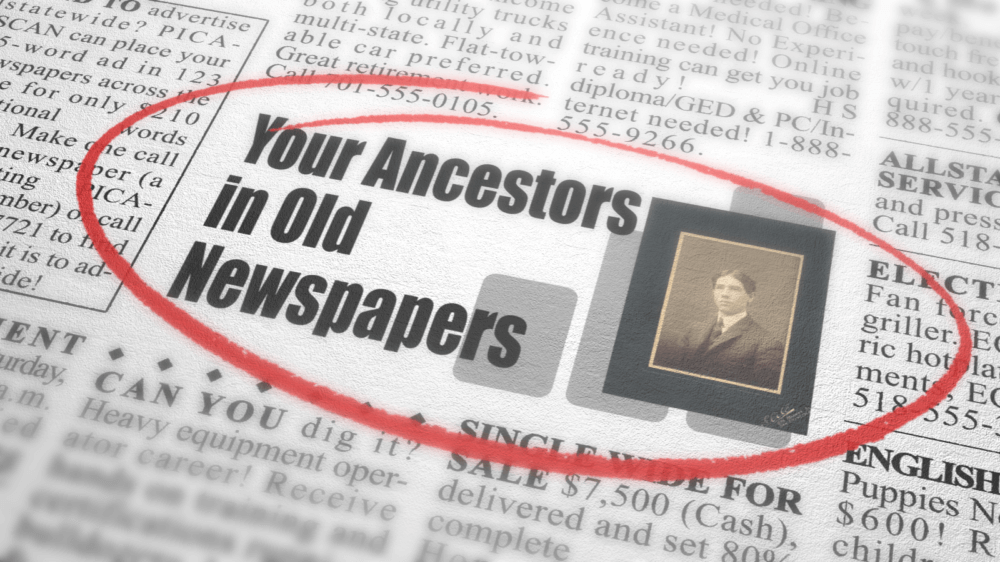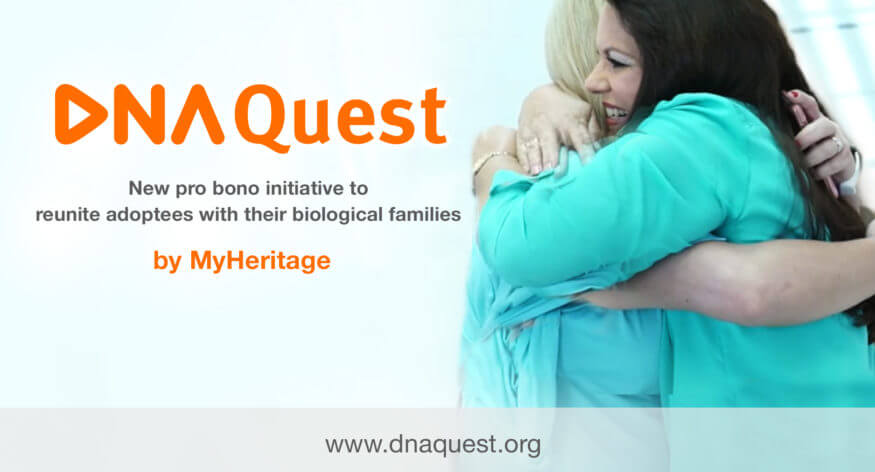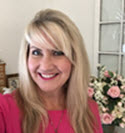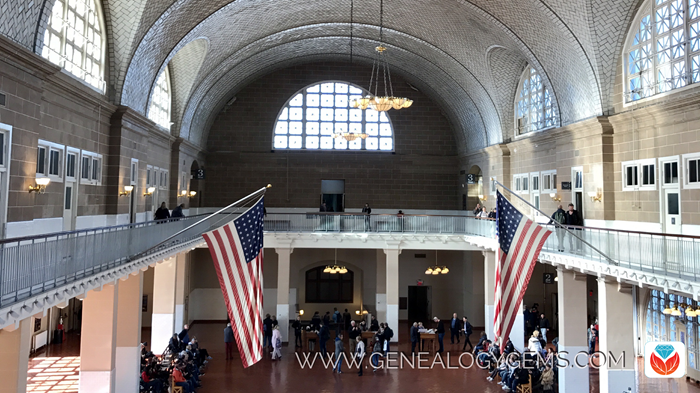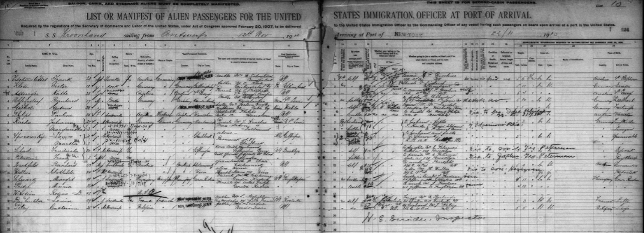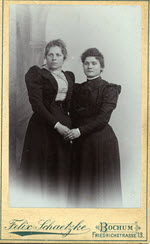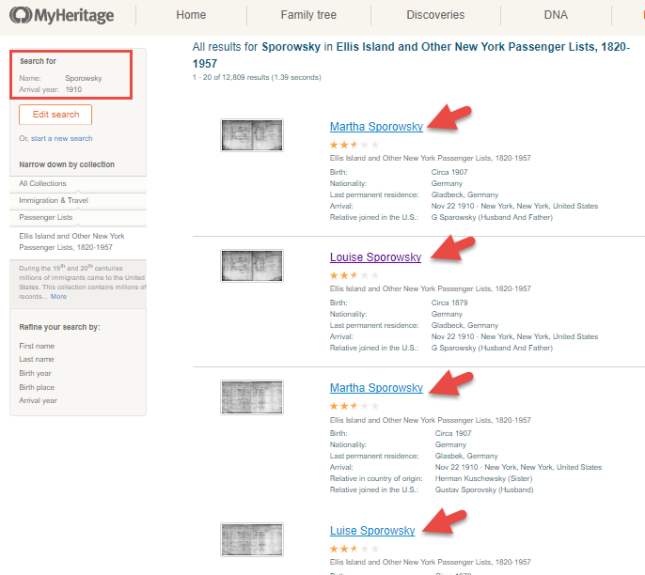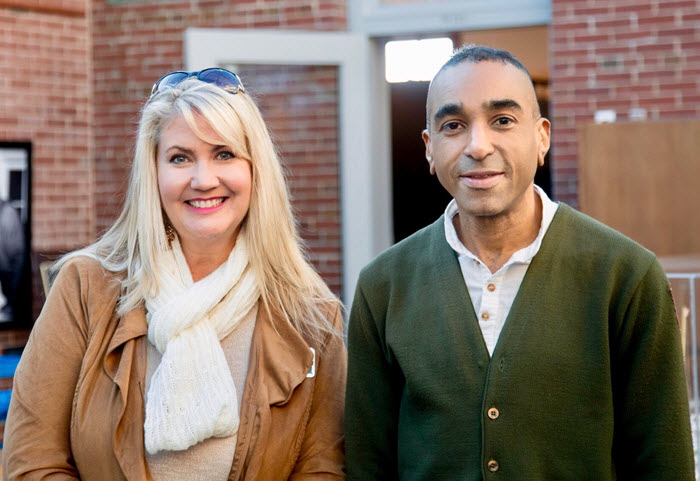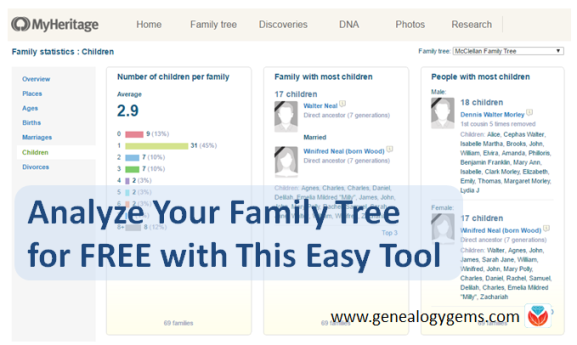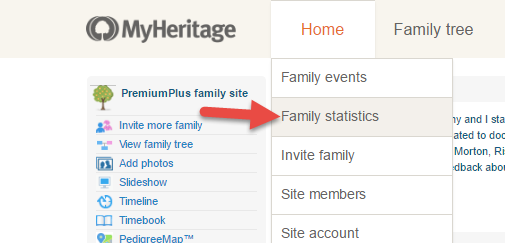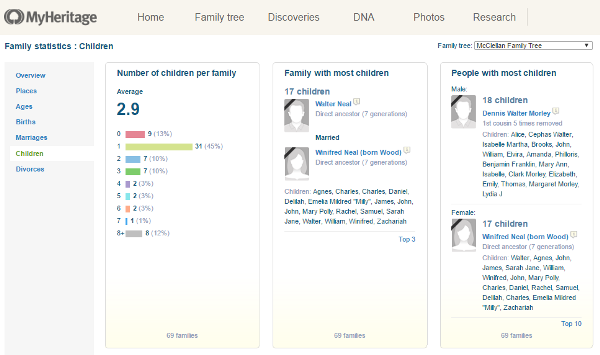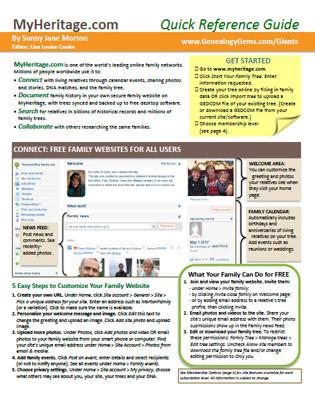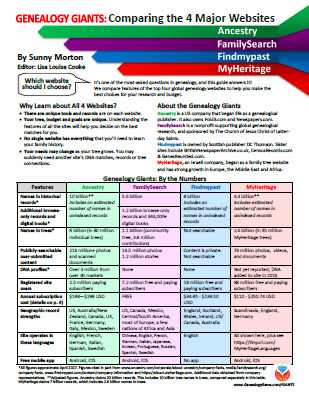TEL AVIV, Israel & LEHI, Utah–(BUSINESS WIRE)–MyHeritage, the leading global destination for family history and DNA testing, announced today the launch of a new pro bono initiative, DNA Quest, to help adoptees and their birth families reunite through genetic testing. As part of this initiative, MyHeritage will provide 15,000 MyHeritage DNA kits, worth more than one million dollars, for free, with free shipping, to eligible participants. Participation is open to adoptees seeking to find their biological family members, and to anyone looking for a family member who was placed for adoption. Preference will be given to people who are not able to afford genetic testing. The first phase of the initiative is open to USA residents, involving adoptions that took place in the USA. Application opens today on the project website, www.dnaquest.org, which includes detailed information about the initiative.
Introducing DNAQuest,org A Pro Bono Initiative for Adoptees and their Biological Families to reunite via DNA Testing –
Many of the approximately 7 million adoptees living in the USA today are searching for their biological parents or siblings. The search is time-sensitive, because every year some of the people who are searching pass away, missing the opportunity to reunite. Currently, the main avenues for adoptees and their biological parents to find each other are adoption agencies, registries created for this purpose, and genetic testing. With formal adoption records being unavailable or difficult to obtain in most states, genetic genealogy opens new doors in the search for relatives, and MyHeritage believes everyone should be able to access this valuable technology.
To maximize the potential of this initiative to successfully reunite families, MyHeritage has set up an advisory board of top experts in the fields of genetic genealogy and adoption to guide and support this initiative on a voluntary basis. This alliance ensures the best possible professional support for participants, with each advisory board member bringing unique expertise. The advisory board includes: CeCe Moore, founder of The DNA Detectives; Blaine Bettinger, The Genetic Genealogist; Richard Weiss of DNA Adoption; Richard Hill, DNA Testing Adviser; Katharine Wall, founder of Adopted.com; Brianne Kirkpatrick, founder of Watershed DNA; Pamela Slaton, investigative genealogist; Leah Larkin, The DNA Geek; and Susan Friel-Williams, Vice President, American Adoption Congress.
DNA Quest is an expansion to the USA of another one of MyHeritage’s successful pro bono projects to reunite adoptees from the Israeli Yemenite community with their biological families. In that project, MyHeritage facilitated successful reunions between adoptees and their biological siblings, solving challenging cases where the protagonists were searching for each other without success for more than 60 years.
“We have a company culture of using our resources and technology for the greater good. In this spirit we’ve initiated several significant pro bono projects, such as returning looted assets from WWII to their rightful owners and documenting family histories and traditions of tribal peoples who lack access to modern technology. DNA Quest is a natural extension of these efforts,” said MyHeritage Founder and CEO Gilad Japhet, who conceived DNA Quest. “There is a great need for a project like this — to help adoptees find their biological families — and we are the right company to take it on. We’ve already successfully reunited many families and are confident that through this initiative, together with a wonderful alliance of top experts, we’ll be able to utilize the power of genetic genealogy to help many more.”
“Few things are more fulfilling than a life-changing adoptee-family reunion”, said CeCe Moore, founder of DNA Detectives, the largest group on Facebook that brings together volunteers with genetic genealogy and searching experience, and those seeking biological family. “I’m very excited to be a member of the DNA Quest advisory board and look forward to assisting participants in finding the lost loved ones for whom they are yearning.”
There are already more than 1.25 million people in the MyHeritage DNA database — one of the fastest growing among the major DNA companies. Additionally, MyHeritage is unique among the top three DNA companies to offer the option to upload DNA results from other test providers, and this is available for free. The company is uniquely positioned to reunite families and has indeed facilitated many emotional success stories, with more taking place in every passing day.
Adoptees and family members searching for their biological relatives can apply for a free MyHeritage DNA kit at DNAQuest.org through April 30, 2018. Participants will be selected, and their free DNA kits will be shipped to them by the end of May 2018. Results are expected as early as July 2018.
Those who have already taken a DNA test with another company can upload their DNA data to MyHeritage for free and participate in this initiative as well.
The privacy of all applicants and participants will be strictly enforced. The DNA is owned by the participants and not by MyHeritage. The company has never sold genetic data and has pledged to never do so in the future without users’ explicit consent. DNA Quest is a pro bono project without gotchas or caveats.
About MyHeritage
MyHeritage is the leading global destination for family history and DNA testing. As technology thought leaders, MyHeritage has transformed family history into an activity that is accessible and instantly rewarding. Its global user community enjoys access to a massive database of historical records, the most internationally diverse collection of family trees and groundbreaking search and matching technologies. Launched in November 2016, MyHeritage DNA is a technologically advanced, affordable DNA test that reveals ethnic origins and previously unknown relatives. Trusted by millions of families, MyHeritage provides an easy way to find new family members, discover ethnic origins, and to treasure family stories, past and present, for generations to come. MyHeritage is available in 42 languages. For more detail, visit www.myheritage.com. DNA Quest is available on www.dnaquest.org.
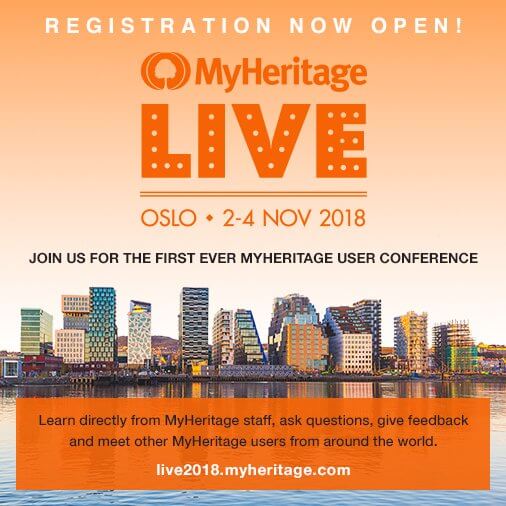 If you’d like to go global with your genealogy, the MyHeritage LIVE conference is for you!
If you’d like to go global with your genealogy, the MyHeritage LIVE conference is for you! 
